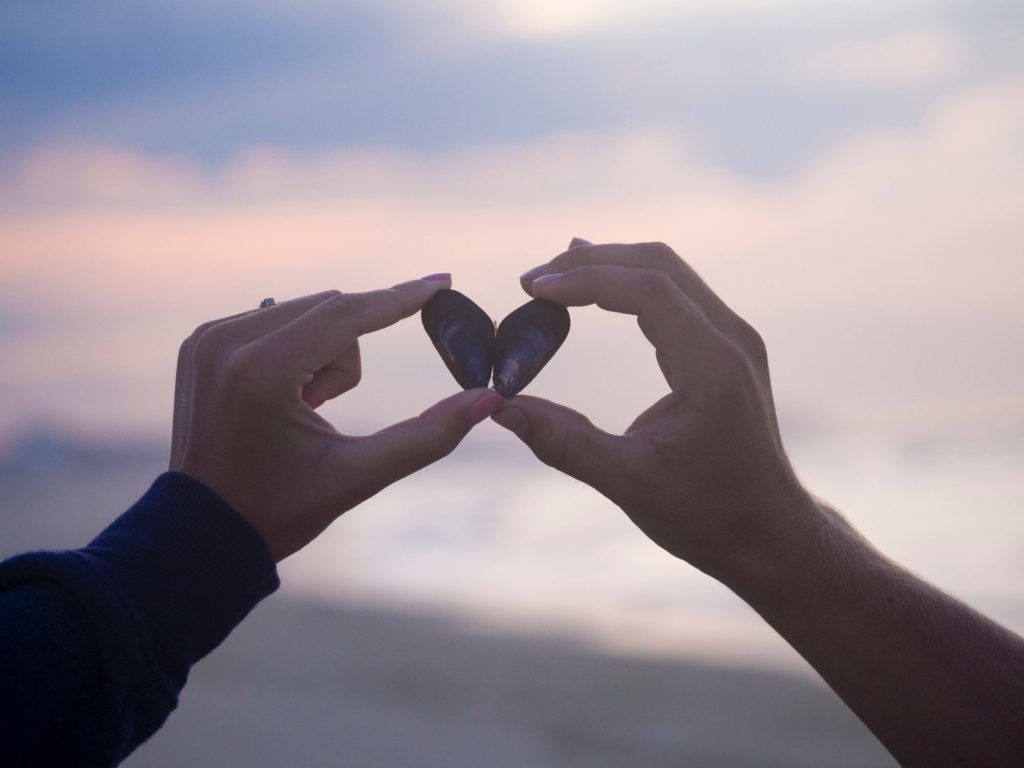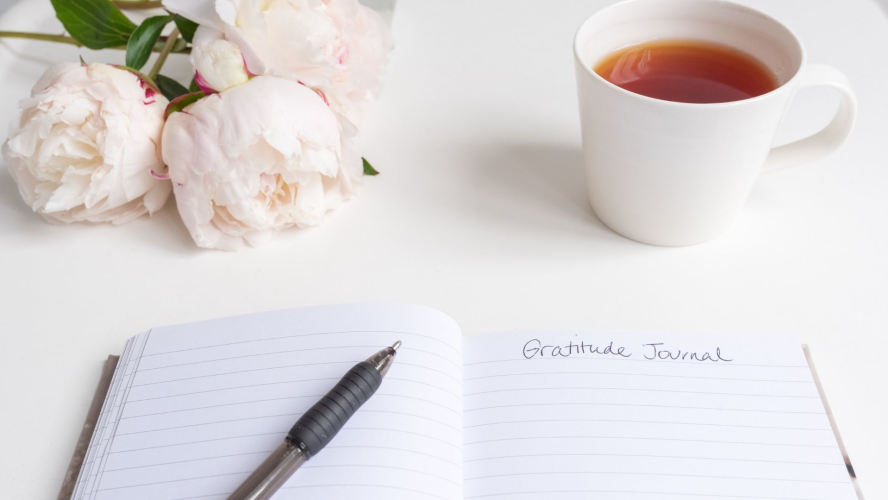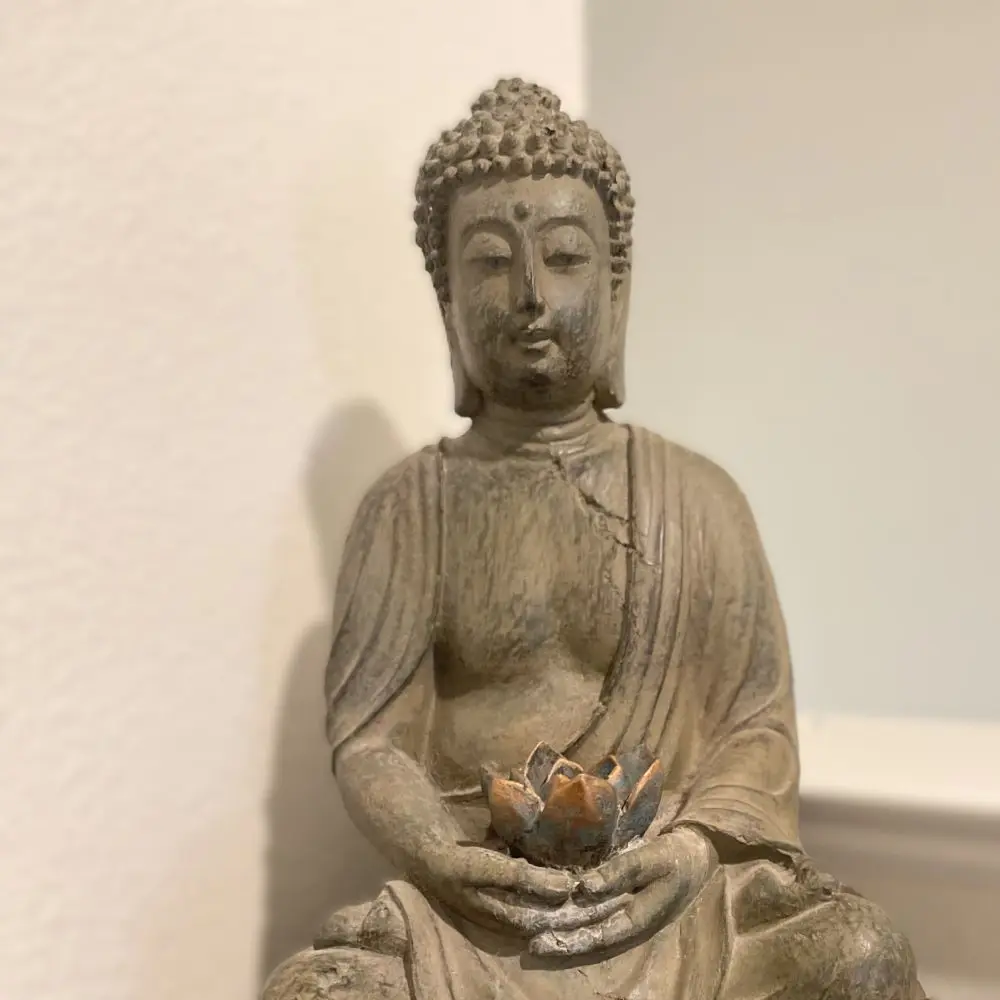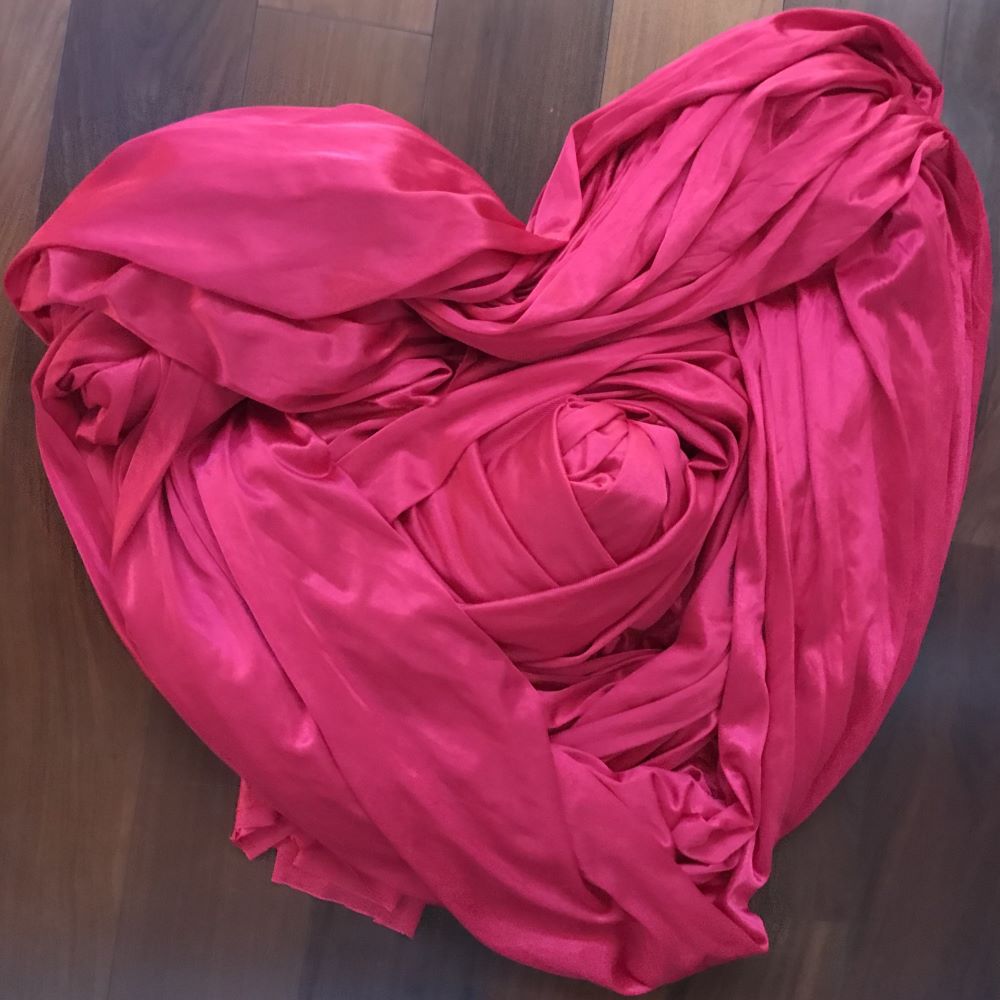For me, living in New York City was exhilarating and exhausting, all at once. New Yorkers get a bad rep for being rude, but I found their brutally-honest nature refreshing. It made their unanticipated, gentle gestures even more special; like the first warm, spring day after a harsh, East Coast winter, you can’t help but appreciate it. Underneath the city is where I saw the most vulnerability – in others and myself. If you cram enough people underground, their true emotions are bound to rise to the surface. Sure, I had to witness uncomfortable, angry outbursts during my daily commute, for which I didn’t dare ride public transit without being equipped with my cell phone, headphones, and sunglasses. But, even these essentials for avoiding human connection didn’t keep me from witnessing the occasional tender moments, including:
- The woman that can no longer hide her tears, even behind her own oversized sunnies, or sobs. You want to reach out and grab her hand to let her know she’s not alone; instead, you politely look away and pretend not to see. In addition to your fare, the subway has also collected your share of tears.
- The young man that can’t hide his smile while reading a text – you smile, too, knowing exactly what’s on the other end of his phone.
- All the men in suits leaving work on Valentine’s Day, carrying bouquets of flowers to bring to their dates. No matter how jaded the NYC dating scene has made you feel, you can’t help but feel hopeful that, in the words of Hugh Grant, “Love Actually is all around.”
- All the truly-talented musicians performing for minimal money or recognition. On a rare occasion, perhaps a major holiday like New Year’s Eve, you let yourself sing and dance along.
These moments continue to top my list of favorite New York moments. They burst my guarded heart open so wide that I had to write them down so as not to forget. I’d pull out my phone, open up my Notes app, and, along with the date, title each entry “Love Lists” – in other words, things I loved about living in NYC during a time when I didn’t always love living in NYC. And, each day I did this, my list would magically grow. It was as though a veil had lifted, carrying my mood along with it, and I could see clearly. I started to notice all of the unexpected beauty all around me – usually hidden in plain sight. This drastically changed my everyday experience.
I didn’t realize it at the time (as this was my pre-yoga life), but I was practicing gratitude. Scientists and spiritual teachers alike agree that gratitude is a powerful practice that can impact many areas of your life and reduce depression. For instance, The Gratitude Prescription Author Will Pye prescribes “wallowing in radical gratitude.” He advises calling to mind one thing you’re grateful for, even (and especially) when it’s hard to think of anything. Once you come up with something, no matter how small it is, unabashedly sit with that feeling. Let it expand by listing off all the things there are to be grateful for (no item is too small!). Meanwhile, recent studies show that cultivating gratitude is associated with physiological benefits, such as increased exercise and sleep, as well as happiness, overall well-being, and feelings of hope and contentment.
Still, it can be easier said than done (or should I say felt?). During a recent Yoga for Trauma Recovery training, led by Joanne Varni and Rebekah Tayebi at Breathe Together Yoga, we walked through the steps of a Rick Hansen meditation designed to rewire the brain, specifically, the negative biases we hold onto (or have learned in order to survive). We were instructed to call to mind a pleasant memory, then to focus on the somatic experiences associated with it. Despite reflecting on some of the most magical travel memories to Costa Rica, Guatemala, and Bali that I’ve been fortunate to experience while pursuing my advanced yoga teacher training, I could not let those happy moments in. My walls were up, just as they were on a daily basis when I lived in New York.

Then, I remembered something that helped me bring those walls down and open my heart when I moved back home to Northern California. At the time, I had accepted a corporate job in San Francisco. As exciting as the opportunity initially seemed, the company culture was toxic and morale was low. My boss was blatantly unkind to me, and my coworkers were disgruntled and constantly complaining. Instead of getting pulled down by the collective energy, I chose to lean into gratitude. I took time each day to list what I was grateful for, but, instead of keeping my lists to myself, I started emailing them to a friend.
This took my “Love Lists” practice to a new level. Because my friend hadn’t been there in these moments, I had to offer some context to explain why these moments meant so much to me. Similar to the creative-writing exercise of “painting a picture,” I had to set the scene for her. Drawing from my somatic experiences, I would write about the different sensations I felt, so she could feel like she had been there and understand what I had felt. As I did that, I could physically feel myself steeping in my gratitude, letting it wash over me. My list would grow, as would the time I spent writing them. Each bullet point would build on the last, and I’d go back and add to my list throughout the day. She’d reply with her own bullet points, and, sometimes, we’d even reply more than once a day. This small act offered me a sense of hope; each day, I’d look forward to our daily reflections.
This small act created enough space and rippled out until I was finally able to leave the negative environment. Our thread got longer and longer and somehow organized itself into a beautiful narrative I can now look back on. I can actually be grateful for the seemingly-difficult (at least on the surface) time in my life.















One reply on “How I Learned to Practice Gratitude (Without Realizing It)”
Katie, how creative and helpful your practice is and was! I loved picturing you on the subways in my natal city (left long ago). Keep on keeping on!!
Eleanor Prugh